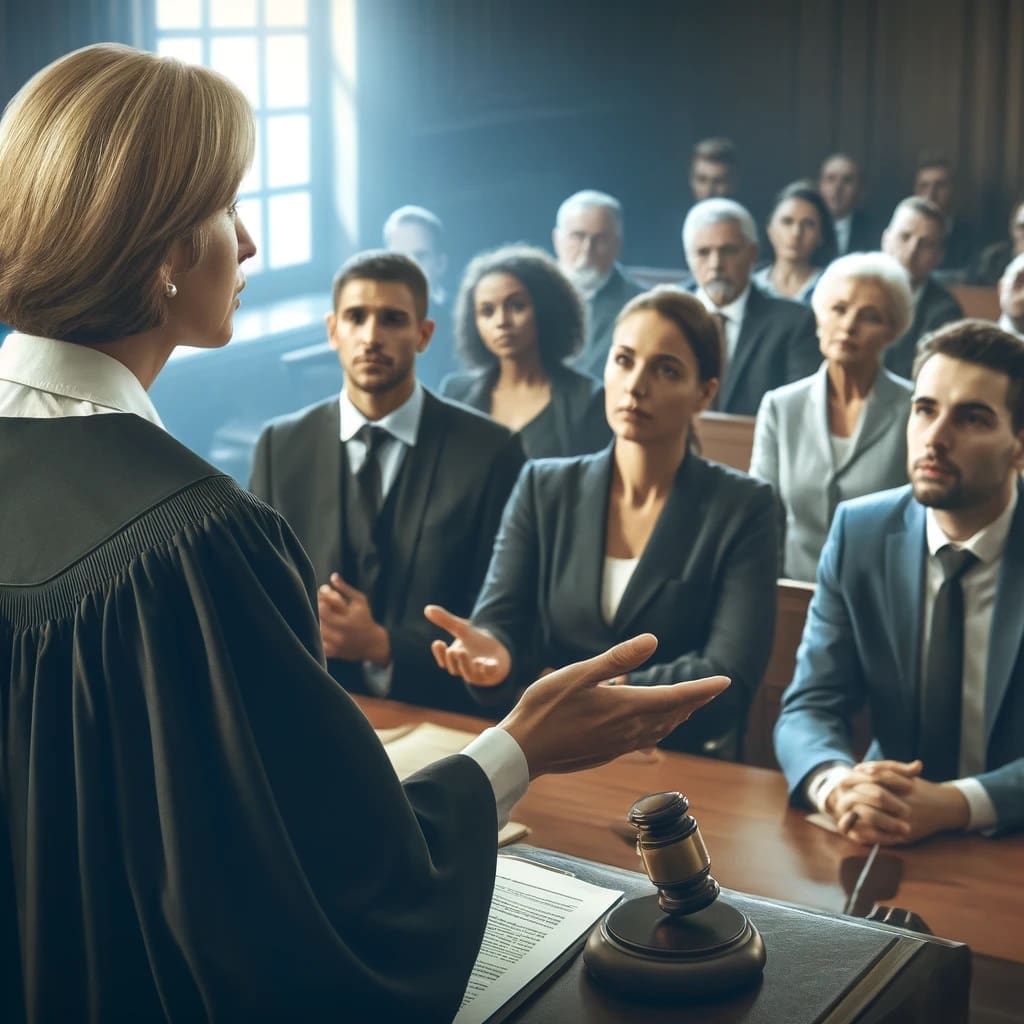The Role of Admonitions in Judicial Proceedings
Admonitions are formal warnings or advisories issued by a judge to a jury or involved parties during legal proceedings. They serve as critical tools to guide behavior and ensure fairness in the administration of justice. This article explores the concept of admonitions within the legal framework, discussing their purpose, common types, and implications for both courtroom proceedings and the broader legal system.
Understanding Admonitions in Legal Contexts
Admonitions are instructions given by judges to juries, witnesses, or parties involved in a trial to prevent prejudicial or inappropriate behavior that might compromise the fairness of the trial. These warnings are essential in maintaining the integrity of legal proceedings, ensuring that all participants adhere strictly to legal and ethical standards.
Purpose of Admonitions
The primary purpose of admonitions is to protect the judicial process from any influence that could affect the outcome unjustly. They help:
- Control courtroom conduct: Judges use admonitions to remind all participants of the rules governing proper courtroom behavior and the consequences of violating these rules.
- Prevent jury bias: Judges commonly instruct juries not to discuss the case with anyone outside the jury room and to avoid media coverage that could affect their impartiality.
- Safeguard fair proceedings: Admonitions ensure that witnesses understand the importance of truthful testimony and the legal implications of perjury.
Types of Admonitions
- Jury Admonitions: Before deliberations, juries often receive instructions not to let bias, sympathy, prejudice, or public opinion influence their decision-making process.
- Witness Admonitions: Witnesses are reminded about the seriousness of their oath, emphasizing the need for honest and clear answers.
- Party Admonitions: Parties involved in the proceedings might be warned against attempting to contact jurors or discuss ongoing proceedings publicly.
Admonitions Across Different Legal Systems
While the practice of issuing admonitions is common in many legal systems, the specifics can vary significantly:
- In the United States, the legal framework provides judges considerable discretion in how admonitions are delivered.
- In the United Kingdom, similar warnings are issued, particularly regarding jury conduct and media exposure.
- International courts also utilize admonitions, especially in cases involving complex international laws and multiple jurisdictions, to ensure that all parties understand and respect the court’s processes.
Implications of Not Heeding Admonitions
Failure to heed judicial admonitions can lead to severe consequences, including mistrials, sanctions, or even criminal charges. For instance:
- Jurors who discuss the case with outsiders or consume media about the trial risk causing a mistrial, which can undermine the efficacy of the legal process.
- Witnesses who ignore admonitions and commit perjury undermine the justice system’s integrity and may face criminal charges.
Best Practices for Legal Professionals
Legal professionals must understand the importance of admonitions and ensure their clients and witnesses are fully aware of their responsibilities and the potential implications of their actions. Preparing clients for what to expect and how to behave can prevent procedural errors that might compromise the case.
Conclusion
Admonitions are more than just formalities; they are fundamental to ensuring fairness and integrity in judicial proceedings. By understanding and respecting these warnings, all participants in the legal process can contribute to the smooth functioning of justice and uphold the legal system’s dignity. This article provides a comprehensive overview of admonitions, highlighting their critical role in the legal landscape and offering insights that are beneficial for both legal professionals and the general public engaged in or interested in legal affairs.















